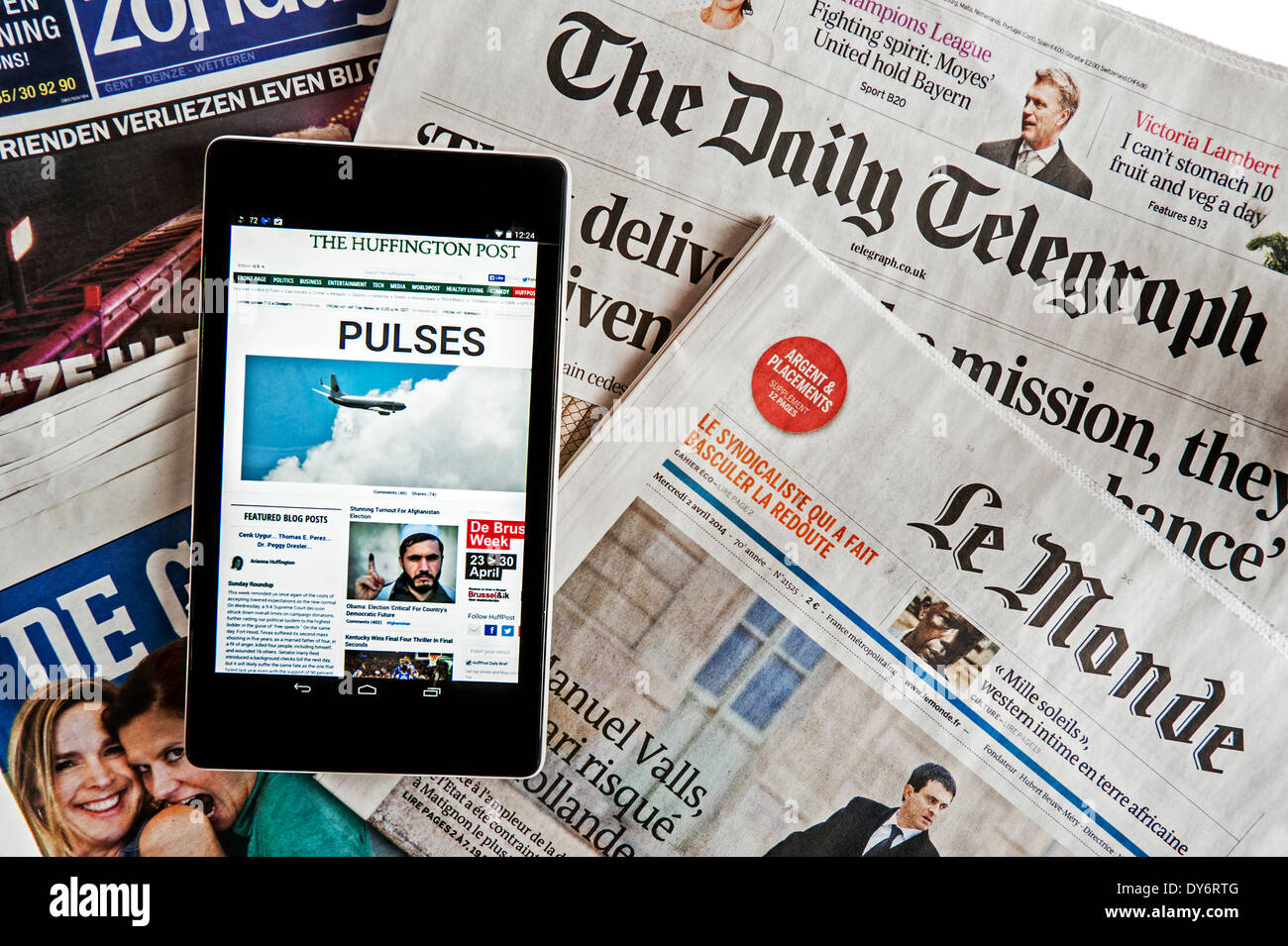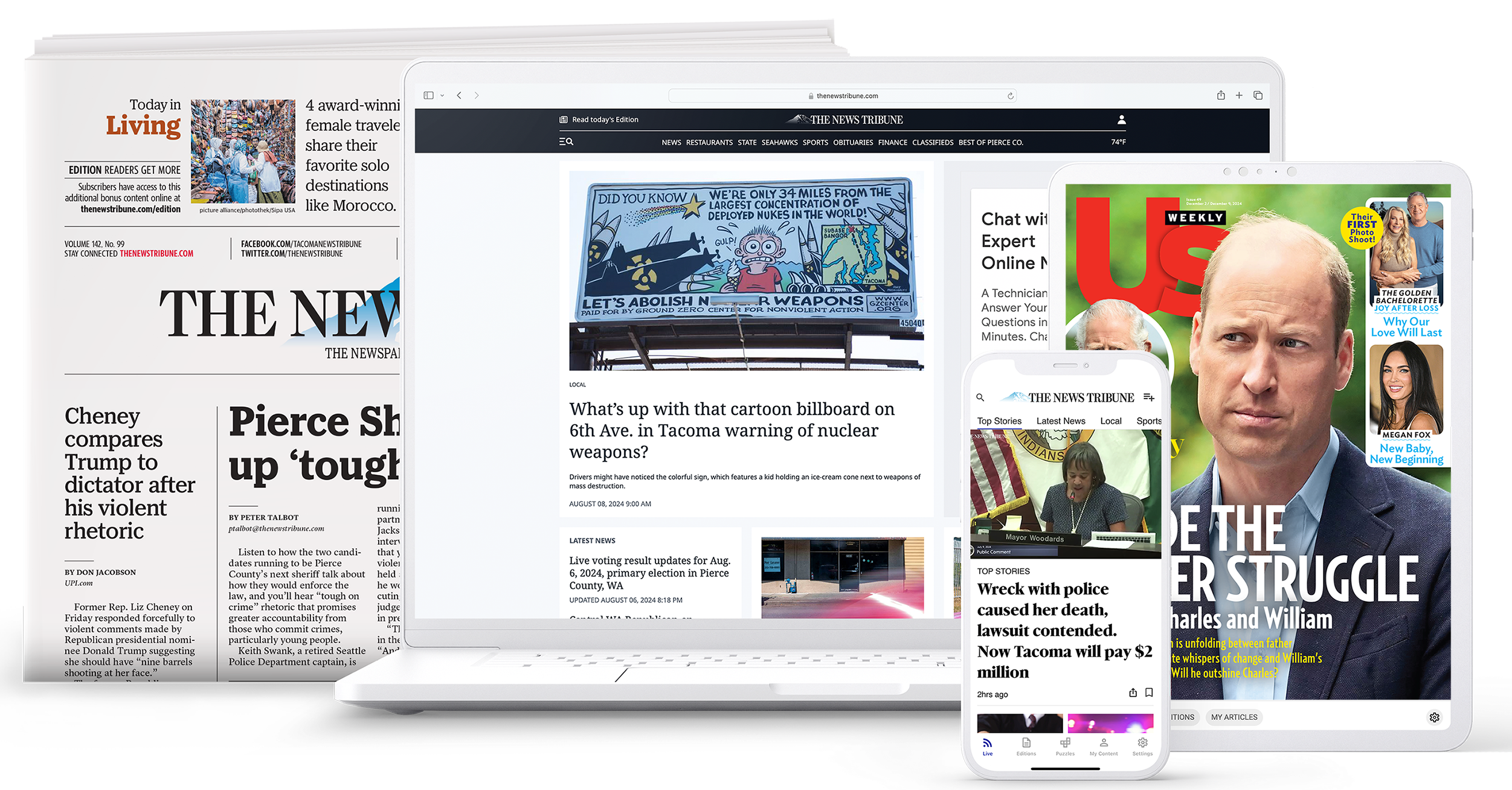Why stnews.live Helps Combat Misinformation
Wiki Article
The Significance of Fact-Checking on the planet of News Online
The occurrence of false information in today's on-line news landscape has actually reached disconcerting levels. Fact-checking organizations play a necessary function in neutralizing this trend. They confirm insurance claims and boost the trustworthiness of journalism. Nevertheless, the efficiency of these companies frequently depends upon their techniques and public understanding. As target markets navigate this complex environment, the effects of their searchings for might form the future of news usage and trust fund. What does this mean for the stability of details relocating forward?
The Surge of False Information in the Digital Age
Exactly how has the advent of electronic technology added to the spread of misinformation? The rapid development of the web and social media platforms has actually promoted the dissemination of info at an unmatched speed. Individuals can share write-ups, video clips, and point of views with a mere click, commonly without validating the material's precision. Algorithms focus on mind-blowing or emotionally billed material, leading to an expansion of misleading narratives that capture interest.Additionally, the privacy afforded by digital systems allows individuals to spread out false info without liability (stnews.live). False information grows in resemble chambers, where individuals are revealed mainly to point of views that reinforce their beliefs, additionally lodging frauds. The saturation of information can overwhelm individuals, making it testing to discern reliable resources from undependable ones. Misinformation has become a pervasive concern in the electronic landscape, influencing public opinion and count on in genuine news sources.
The Function of Fact-Checking Organizations
Fact-checking organizations play a crucial function in improving the credibility of journalism by verifying claims made in report. Their efforts are important in combating misinformation, making certain that accurate information dominates in the electronic landscape. By holding media electrical outlets accountable, these companies contribute significantly to notified public discussion.Enhancing Credibility in Journalism
While misinformation multiplies in the digital age, fact-checking organizations play a necessary duty in boosting the reliability of journalism. These companies diligently validate claims made in newspaper article, public declarations, and social media posts, making sure that details distributed to the public is accurate and reliable. By supplying independent assessments, they act as an important resource for reporters, aiding them maintain high requirements of integrity. Additionally, their efforts promote openness in media, fostering public count on. As audiences become increasingly discerning, the existence of respectable fact-checking entities can differentiate dependable news sources from those that might spread out frauds. Inevitably, the dedication of fact-checking organizations to promote reliability is crucial for the wellness of democratic discourse.Combating False Information Effectively
As misinformation remains to spread swiftly across digital platforms, the duty of fact-checking companies ends up being significantly important in the fight for precise info. These companies act as watchdogs, looking at cases made by public figures and media electrical outlets to ensure responsibility. By using strenuous research methods and expert analysis, they verify facts and clarify deceptive narratives. Their searchings for are distributed via numerous networks, enlightening the public and promoting vital thinking. On top of that, partnerships with social networks platforms improve their reach, enabling prompt flagging of incorrect details. As electronic proficiency grows, the impact of fact-checking companies is important in equipping target markets to determine fact from falsehood, eventually adding to a much more enlightened culture.Exactly How False Information Affects Public Understanding
False information significantly threatens trust fund in media, leading audiences to question the reliability of news sources. Because of this, individuals commonly gravitate towards outlets that reinforce their existing ideas, contributing to the polarization of opinions. This dynamic produces a fragmented details landscape, where shared comprehending ends up being significantly tough to attain.Count on Media

Rely on media has come to be significantly vulnerable in the electronic age, where the quick spread of false details can skew public perception. As false information proliferates throughout social networks and on-line systems, target markets commonly discover it challenging to determine credible sources from undependable ones. This unpredictability fosters hesitation, leading many individuals to examine the intentions behind news reporting. Count on in established media electrical outlets has actually lessened, as consumers significantly turn to different sources that may do not have rigorous editorial standards. This erosion of depend on not just influences individual beliefs however likewise weakens the collective capacity to participate in notified conversations. Ultimately, the stability of journalism goes to risk, highlighting the important requirement for reliable fact-checking to recover confidence in the media landscape.

Polarization of Viewpoints
The increasing hesitation toward standard media has added to a growing polarization of viewpoints among the public. Misinformation, typically disseminated with social media and online systems, plays a considerable function in shaping unique ideological divides. People often seek details that aligns with their pre-existing ideas, strengthening their viewpoints while rejecting opposing perspectives. This resemble chamber effect heightens divisions, bring about a fragmented public discussion where consensus becomes increasingly evasive. Additionally, sensationalized narratives grow in this environment, better skewing public perception and promoting wonder about in legitimate resources. As polarization rises, the requirement for reliable fact-checking ends up being vital to bridge voids and promote notified discussions, eventually ensuring a more natural culture efficient in steering intricate concerns.Techniques for Efficient Fact-Checking
Efficient fact-checking relies upon a systematic method that includes extensive study, verification of sources, and vital analysis of cases. helpful site A fundamental strategy is cross-referencing details from multiple qualified sources to confirm its precision. Fact-checkers commonly utilize specialized data sources and archives to map the beginning of specific declarations, making sure that the reported info aligns with recorded proof.An additional necessary approach involves scrutinizing the context in which insurance claims are presented. Misleading information can occur from out-of-context quotations or discerning information use. By examining the wider narrative, fact-checkers can identify possible biases or misinterpretations.
Additionally, involving with experts in relevant areas can give clearness and insight that boosts the fact-checking procedure. This cooperation can reveal subtleties that laypeople may forget - stnews.live. Eventually, a disciplined technique integrating these methods fosters a more enlightened public, improving the integrity of details shared in the electronic age
The Influence of Social Network on News Consumption
Just how has social media sites changed the way people eat news? The introduction of platforms like Facebook, Twitter, and Instagram has notably modified news usage patterns. News is currently distributed rapidly, permitting users to access real-time updates and engage with content through sort, shares, and remarks. This immediacy has fostered a preference for bite-sized details, often at the expenditure of thorough evaluation.Social media makes it possible for customized news feeds, where formulas curate web content based on individual choices, developing resemble chambers that may limit direct exposure to diverse viewpoints. The duty of conventional news outlets has lessened as people progressively rely upon peer referrals and trending topics. Consequently, the reputation of details is typically compromised, as sensationalism can outweigh factual coverage. Overall, social media has reshaped news usage, highlighting speed and customization while challenging the standards of journalistic integrity.
Encouraging Audiences to Determine Reliable Resources

Additionally, taking a look at the authorship and organizational background of news articles can disclose possible predispositions. Cross-referencing details throughout numerous trustworthy outlets further boosts the confirmation procedure. Utilizing digital devices, such as browser web extensions that rate the reliability of internet sites, can additionally help in determining trustworthy info. By proactively engaging with these sources and growing a crucial mindset, target markets can better equip themselves to discern trusted news sources, eventually fostering an extra enlightened culture among the intricacies these days's media setting.
The Future of Journalism and Fact-Checking
As the media landscape progresses, the future of journalism and fact-checking encounters both challenges and opportunities. The increase of digital systems has actually democratized info circulation, permitting varied voices to arise. However, this has actually also brought about the proliferation of misinformation, necessitating durable fact-checking mechanisms. Reporters will increasingly count on modern technology, including AI devices, to confirm realities rapidly and successfully.Cooperation in between news organizations and fact-checking entities is anticipated to strengthen trustworthiness and openness. Additionally, audience interaction will play a crucial role, as notified viewers end up being considerable partners in determining reliable web content.
The need for responsibility and precision is most likely to expand, pressing journalists to promote high criteria in their coverage. Ultimately, the future of journalism may depend upon its ability to adapt to technical developments while maintaining journalistic integrity, making sure that fact-checking stays a foundation of credible news.
Often Asked Concerns
How Can I Report Misinformation I Experience Online?
To report misinformation run into online, people can use platform-specific coverage devices, supply clear evidence, and share the details with fact-checking organizations. Engaging with community discussions can likewise help increase awareness concerning the false information.What Are Typical Signs of Misinformation in News Articles?
Common indicators of misinformation in news short articles consist of thrilling headlines, absence of reputable More hints sources, psychological language, inconsistent truths, and lack of author qualifications. Readers ought to critically evaluate content for these signs to determine accuracy.Exactly How Do Fact-Checkers Confirm Sources?
Fact-checkers validate resources by cross-referencing information with trustworthy databases, getting in touch with experts, and checking out the original context of insurance claims. They also analyze the dependability of the sources, making certain precise and reliable details for public consumption.What Lawsuits Can Be Taken Versus Misinformation?
Lawsuits against misinformation might consist of vilification lawsuits, cease-and-desist orders, and regulatory charges. Victims can seek redress with civil courts, while some jurisdictions enforce fines or permissions on systems disseminating false info.Are There Apps for Fact-Checking News On-The-Go?
Countless apps exist for fact-checking news on-the-go, including Snopes, FactCheck.org, and PolitiFact. These applications assist individuals verify cases rapidly, advertising notified decision-making and promoting a much more critical method to consuming news in real-time.Report this wiki page